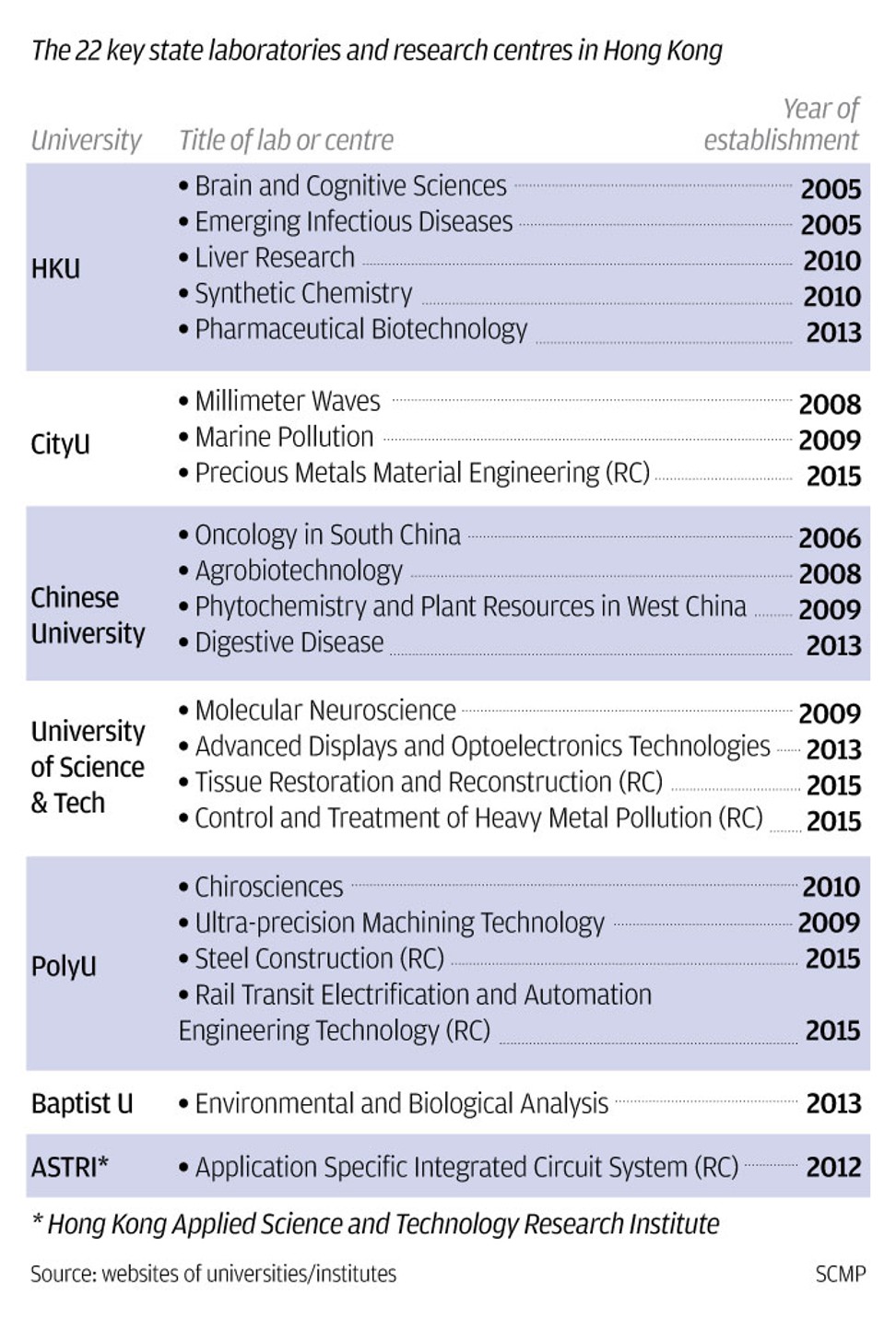
Will Xi Jinping’s promise of Chinese state support for Hong Kong scientists spur innovation, or stifle it?
Researchers show palpable excitement about the new possibilities open to them, but others fear for academic freedom
For the last decade, microbiologist Chen Honglin has been trying to develop a new flu vaccine with his colleagues at the University of Hong Kong’s emerging infectious diseases laboratory.
But even though the lab is considered one of China’s 250 or so State Key Laboratories – institutes Beijing relies upon to conduct scientific research crucial to national development – Chen has struggled to recruit the best scientists.
Money has been the main challenge for the lab he co-founded in 2005, after the deadly outbreak of severe acute respiratory syndrome (Sars) hit the city two years earlier.
Currently it is largely funded by Hong Kong’s Innovation and Technology Commission, which since 2012 has given it HK$5 million (US$637,000) annually.
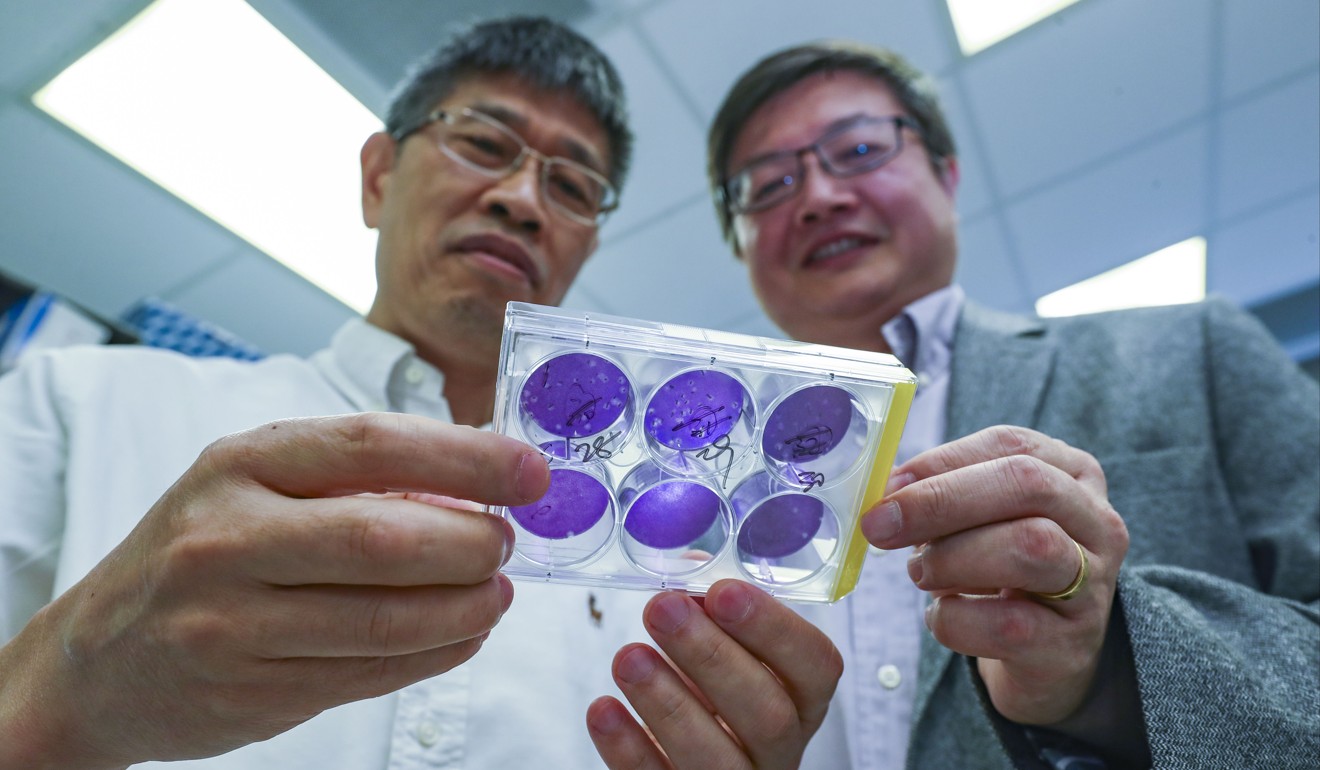
Chen said it saddened him to see Hongkongers felled by the flu, with public hospitals flooded by those seeking treatment. This winter cold fronts hit the city several times, and from January to March there were 570 adults and 20 children who came down severely ill from the flu. Of these, 382 adults and two children died.
“Flu outbreaks have [worsened] just as Hong Kong’s population is ageing. With better vaccines, there could still be outbreaks and deaths, but at least it will be controllable … and not as serious,” Chen said.
His story is not unique in Hong Kong’s scientific community.
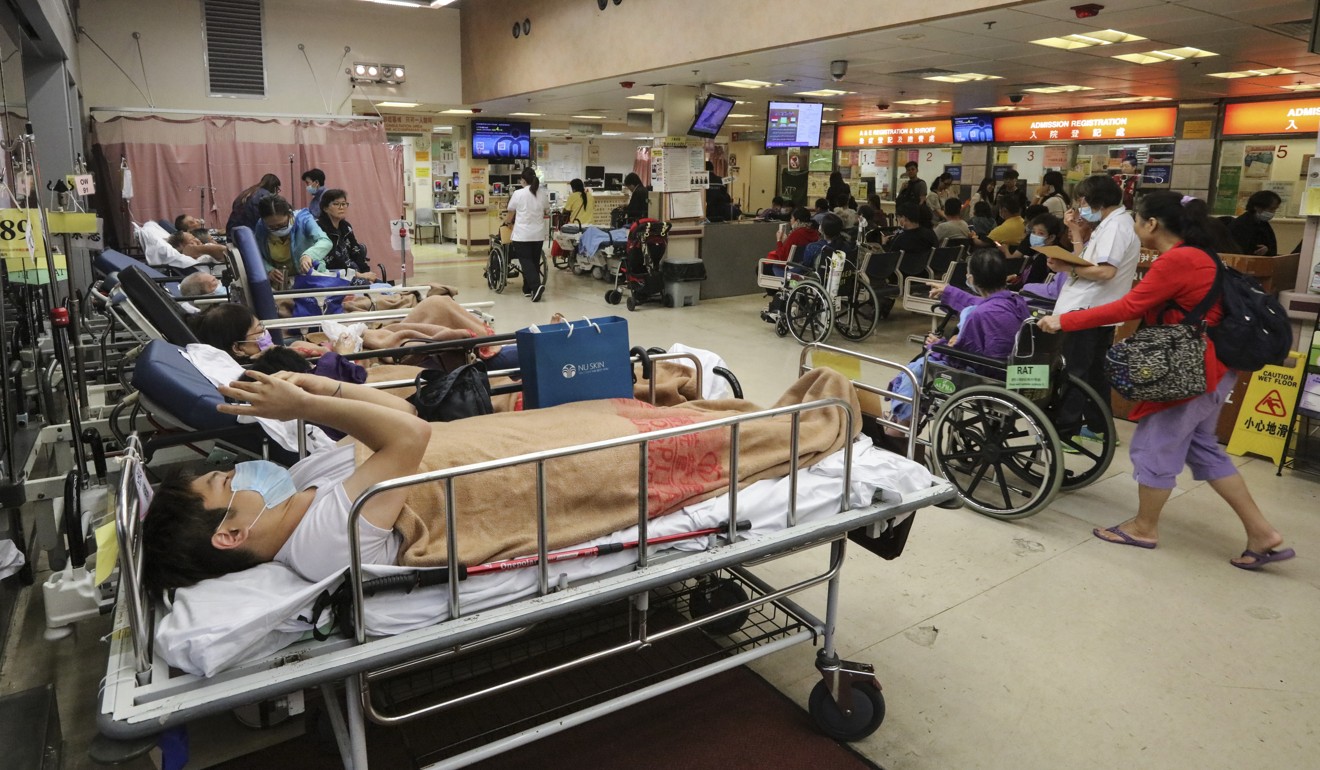
While the city has been a key research centre for Beijing since it returned from British to Chinese rule in 1997, its scientists have faced difficulties obtaining the generous grants handed out by the central government.
When they have been able to secure the funding, it has come on the condition they collaborate with mainland researchers and spend the money north of the border. In some instances, they have been forced to pay tariffs when moving lab machines and equipment outside of Hong Kong.
Xi Jinping cash route sure to pay off for Hong Kong scientists
In the days since, both Hong Kong and Beijing officials have emphasised the new possibilities the plan signifies and urged closer cooperation between scientists from both sides.
The 22 laboratories in Hong Kong – 16 key state labs and six branches of the Chinese National Engineering Research Centre – have reportedly received 1 million yuan (HK$1.23 million) each.
The centre has been in Hong Kong since 2012 to study topics ranging from materials engineering to integrated circuit systems, while the key state labs are found at five of the city’s universities.
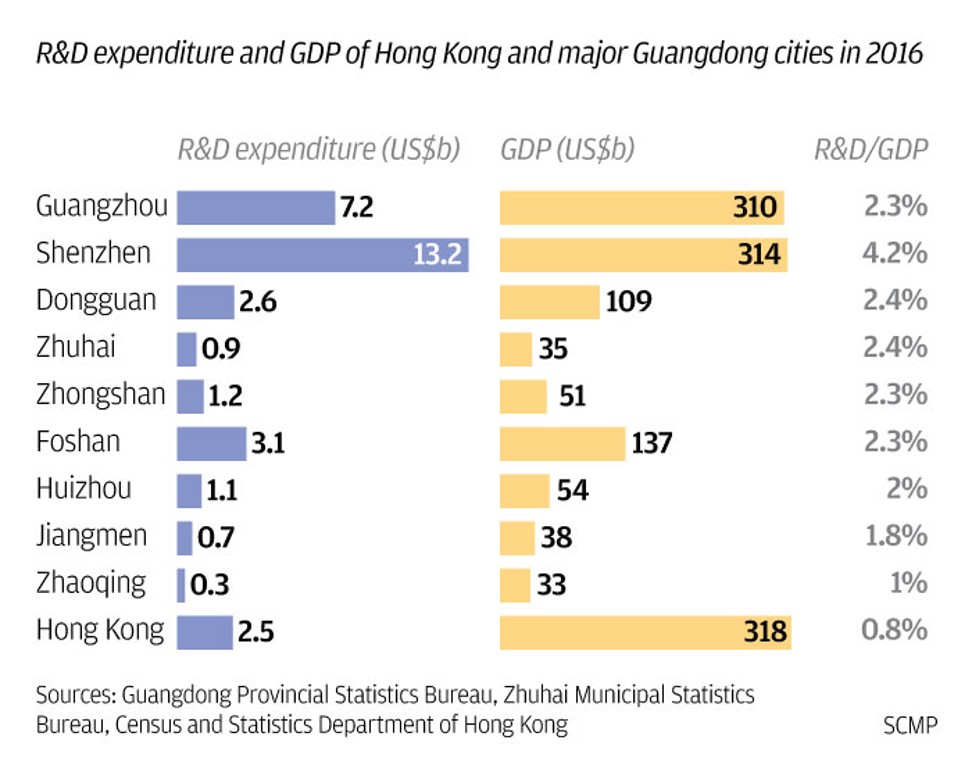
Chen confirmed his HKU lab had secured the 1 million yuan.
“I am also looking forward to more cooperation opportunities with pharmaceutical factories,” he said, wistfully adding that he hoped the eventual vaccine would save lives across the region.
What else will it take for his dream to come true?
Ironing out the kinks
Xi’s directive – issued after 24 of Hong Kong’s leading scientists last year appealed for more opportunities to “make a contribution to the motherland”– was also aimed at giving local researchers tariff waivers and other incentives when moving equipment across the border or importing machinery for research.
But scientists interviewed by the Post said there were still kinks to be ironed out, especially in three areas: resource sharing, cross-border academic exchanges and income tax.
What Hong Kong scientists’ questions about mainland China funding access reveal
Hong Kong University of Science and Technology vice-president Nancy Ip Yuk-yu, who heads the institution’s State Key Laboratory of Molecular Neuroscience, said local and central authorities would need to encourage their scientists to share samples and resources, and actively promote exchanges between Hong Kong and mainland researchers.
“Some large apparatus or equipment is established at different mainland centres. It might not be necessary for us to purchase or build the same system from scratch here – it would be really convenient if [mainland institutes] could share it with us,” she said.
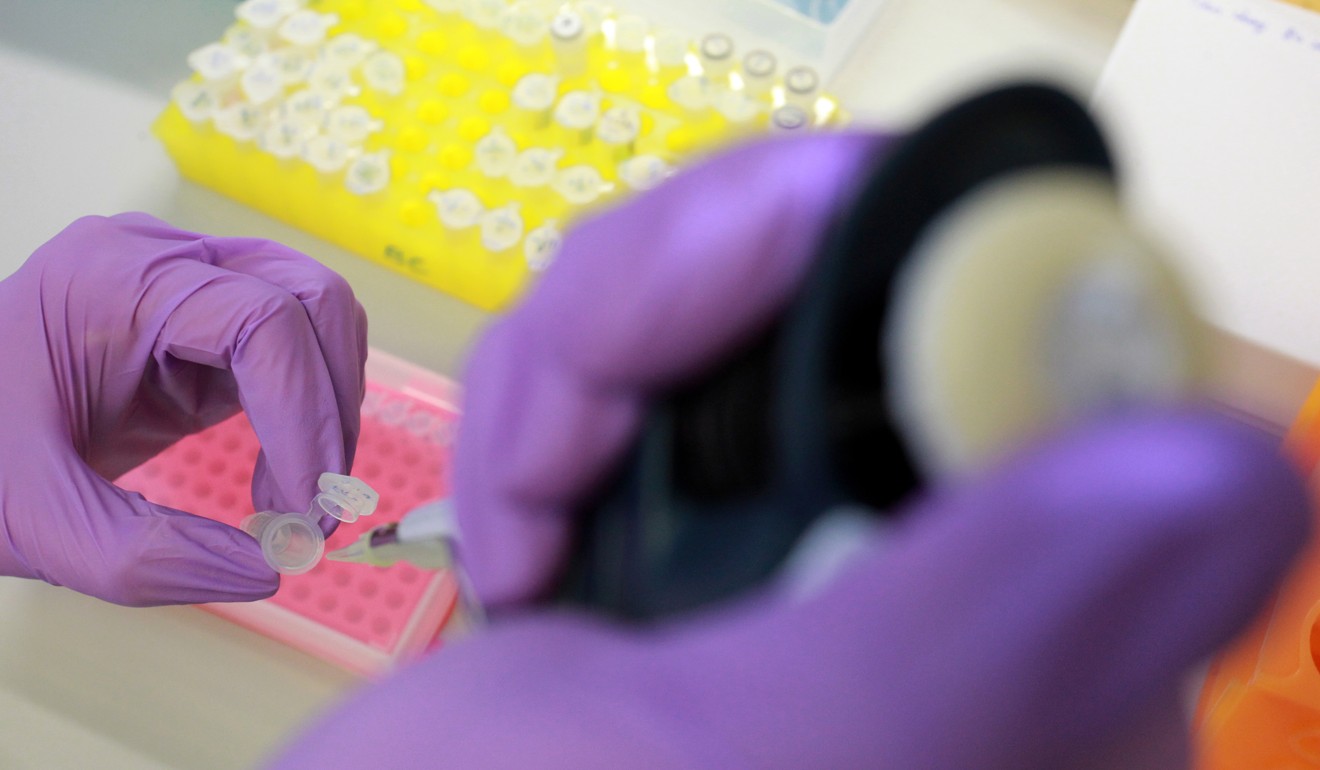
Due to policy differences between Hong Kong and the mainland, local scientists had “faced difficulties inviting mainlanders to take part in seminars” in the city, Ip added.
In addition, some Hong Kong researchers were reluctant to work north of the border for long periods of time as they needed to pay the mainland’s salaries tax if they spent more than 183 days in a year there.
“We hope there will be new policies to help us on that,” she said.
Professor Andy Hor Tzi-sum, HKU’s vice-president for research, said while the new source of funding was welcome, the Hong Kong government should still look at how it could boost resources in R&D.
National funding ‘crosses the bridge’ to Hong Kong scientists and research hubs
In 2016, Hong Kong spent HK$19.7 billion (US$2.51 billion), or 0.79 per cent of its GDP, on research and development, according to the latest official figures.
Some 52.1 per cent, or HK$10.3 billion, was spent by the higher education sector, and most of that spending was financed by the government.
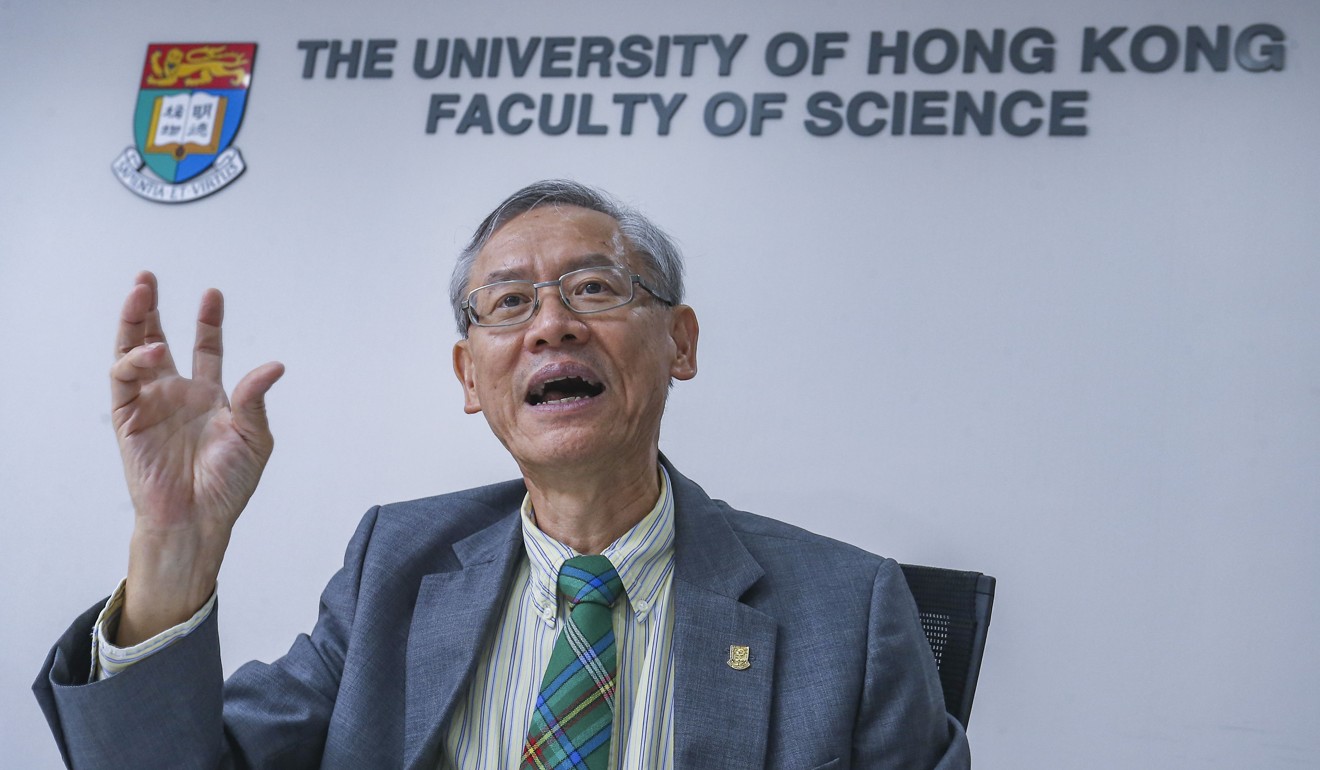
Of the remainder, 43.3 per cent was spent by the business sector while the government accounted for 4.6 per cent.
Across the border, Shenzhen spent nearly 84.3 billion yuan (US$13.19 billion) on research and development in 2016, or 4.3 per cent of the city’s annual GDP.
China spent 2.1 per cent of GDP on R&D in 2016, and several other cities in Guangdong province also spent at least 2 per cent of their GDP on the sector.
Hong Kong scientists told to love China if they want state support
According to data from the Organisation for Economic Cooperation and Development, Taiwan spent above 3 per cent of its GDP on research and development, while Japan, Sweden and South Korea exceeded that.
Outside of state funds, a new source of financing may be opening up for a section of Hong Kong scientists. The city’s stock exchange now allows non-earning biotechnology research teams to raise capital on the exchange through initial public offerings, opening an alternative to government grants. But applicants must be “corporatised” and their work commercially viable.
Pioneers for a better life
One concern raised about funding from Beijing was whether there would be strings attached for Hong Kong scientists.
Pan-democrat legislator Charles Mok said he was concerned that the academic freedom treasured in the city would be compromised. Xi’s directive, he pointed out, suggested Beijing would only support scientists who “love the country and Hong Kong”.
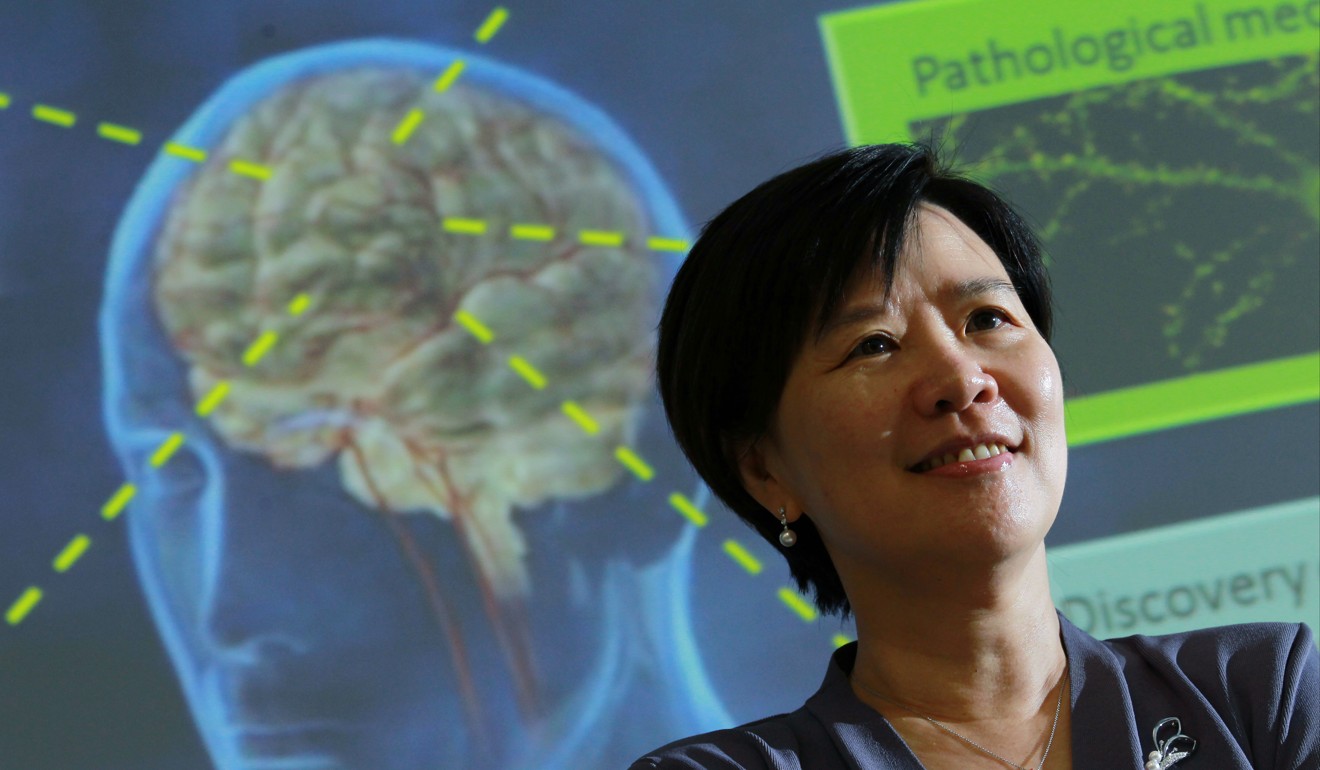
But Lam dismissed such fears, insisting it was “nothing unusual” for the phrase to be used.
The Chinese University of Hong Kong’s former dean of science, Henry Wong Nai-ching, one of 24 signatories to the letter to Xi, said he agreed with Lam.
Research freedom and patriotism were separate issues, and he believed Beijing would honour the former.
He pointed out that even the Chinese Academy of Sciences, Beijing’s top scientific research institute, had accepted more than 90 scientists with foreign citizenship as members.
Xi Jinping opens up funding access to Hong Kong in innovation hub push
This included top Hong Kong scientists such as former HKU head Tsui Lap-chee and former Chinese University chief Charles Kao Kuen, who are Canadian and US nationals respectively, according to the academy’s website.
“Are you requiring everyone to hold only a Hong Kong passport?” Wong said of local scientists. Talent was a more important requirement, he believed.
Asked for her views, HKU chemistry professor Vivian Yam Wing-wah, who received at least three prestigious international scientific awards from 2006 to 2015 for her research on light-emitting diodes, said: “I am patriotic, but scientific research should not be related to politics. They might be related if you are doing military science, but we are chemists.”
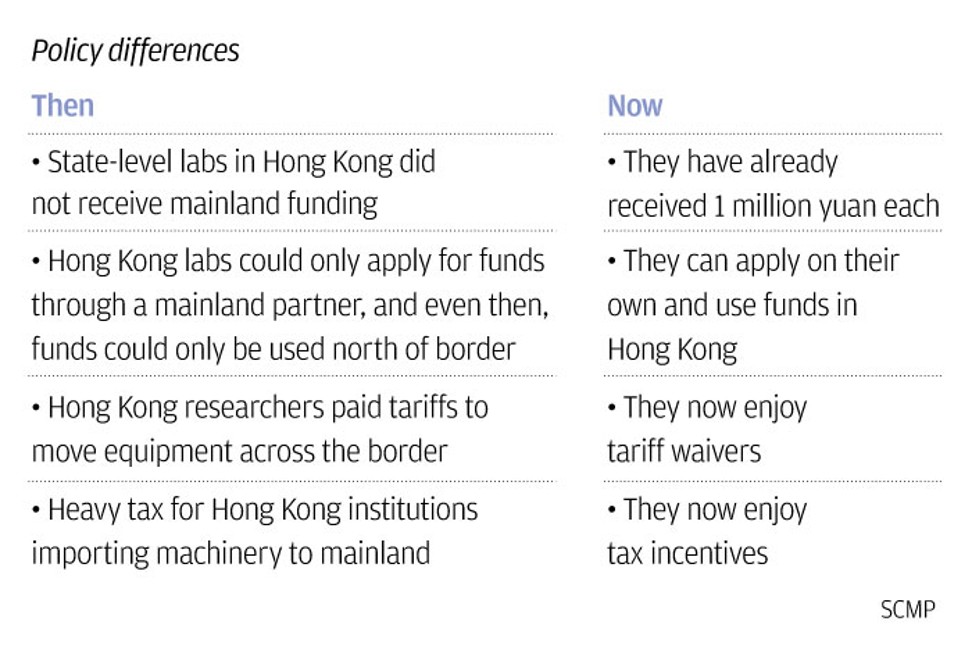
Hor said while scientists were responsible for delivering products required by their funding agencies, he believed they were professional and mature, and academic freedom was therefore a non-issue.
“Funding schemes have specific objectives … professors would not apply for a scheme if they did not agree with its goals,” Hor said.
Funding schemes have specific objectives … professors would not apply for a scheme if they did not agree with its goals
A speech by former science and technology minister Wan Gang in Hong Kong last week signalled the value Beijing already placed on the city’s scientists.
Wan, a vice-chairman of the country’s top advisory body, the Chinese People’s Political Consultative Conference, called on Hong Kong innovators to help China fill the gaps in its ambition to be a global tech power.
He said the mainland had “weaknesses” in areas such as basic research, grooming of scientific talent, and forging international partnerships, and Hong Kong could step up to the plate and help given its track record and talent pool of top-quality scientists.
“Hong Kong is strong in scientific research, the finance and service industries, and in the city’s internationalisation and global perspective,” he said.
Wong said the city’s researchers could be counted on to be more “courageous, adventurous and flexible” compared with their “cautious” mainland counterparts.
Hor said that if Xi’s directives could be coupled with follow-up measures by local and mainland authorities, HKU scientists working to tackle three of the most pressing challenges facing mankind – renewable energy, infectious diseases and Aids – could become “pioneers that make life easier for people in Hong Kong, the mainland, and the world”.
There is already palpable excitement within the research community about the new possibilities open to them.
Chen Zhiwei, who heads HKU’s Aids Institute, is among those keen to see how he can take his research further.
“I have been studying the disease of Aids and working on some most essential issues emerging from the fact that new infection cases in China are still on the rise, which include vaccines and new medicines,” he said.
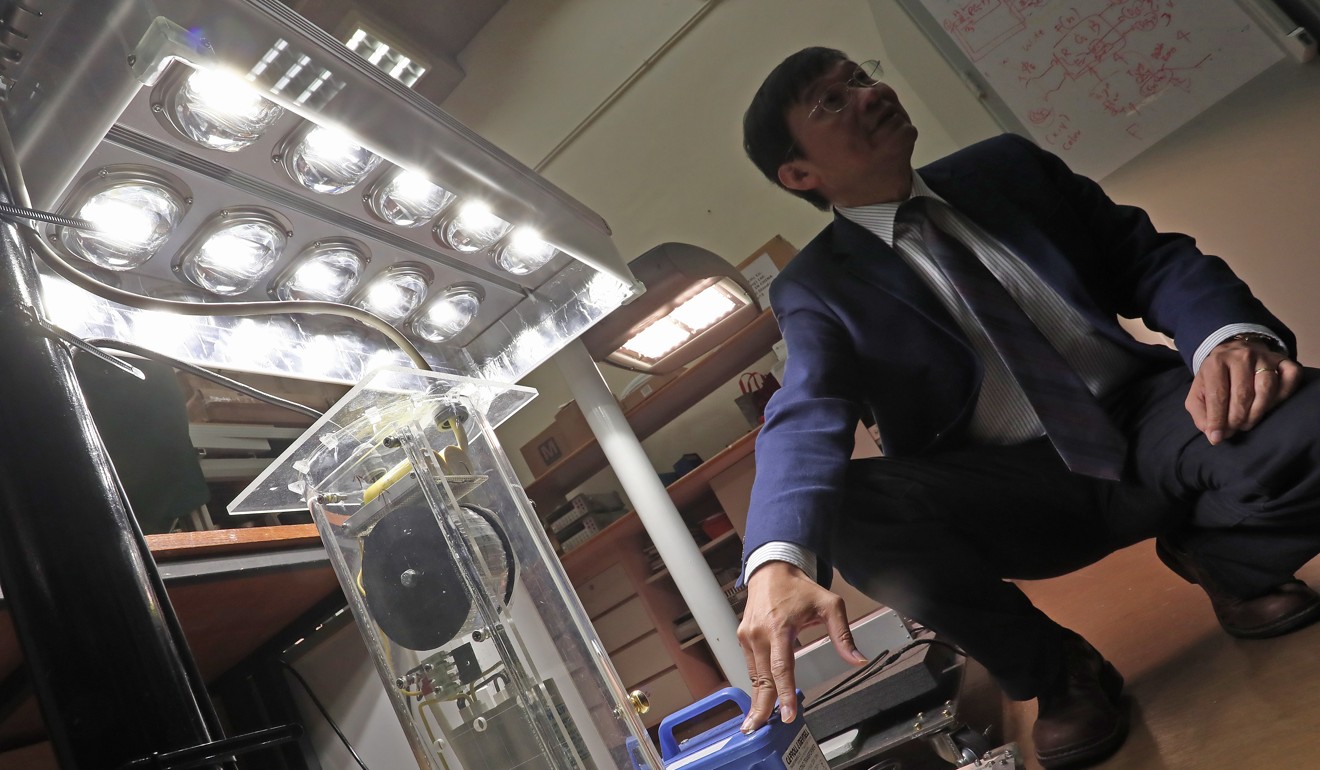
Hor also raised the example of a project by HKU chair of power electronics Ron Hui Shu-yuen to develop a new light-emitting diode street-lighting system that can last more than a decade. It was described by the professor as the world’s only sustainable LED street lamp that could be bright, energy-efficient, long-lasting and recyclable.
Hui’s programme had “been doing well” and had the potential to become the next batch of local projects winning state funding, Hor said.
“We are confident that our five labs can do better, and new projects … on artificial intelligence and engineering can be launched,” he said.



